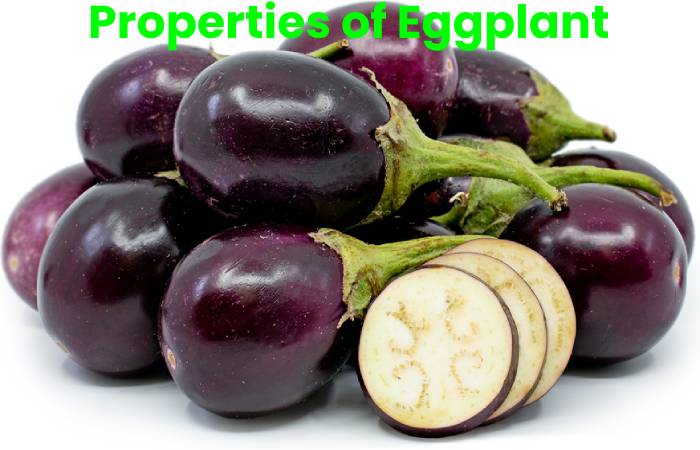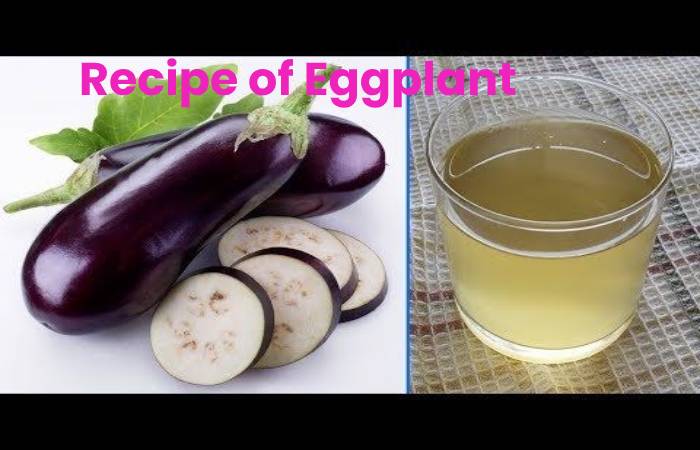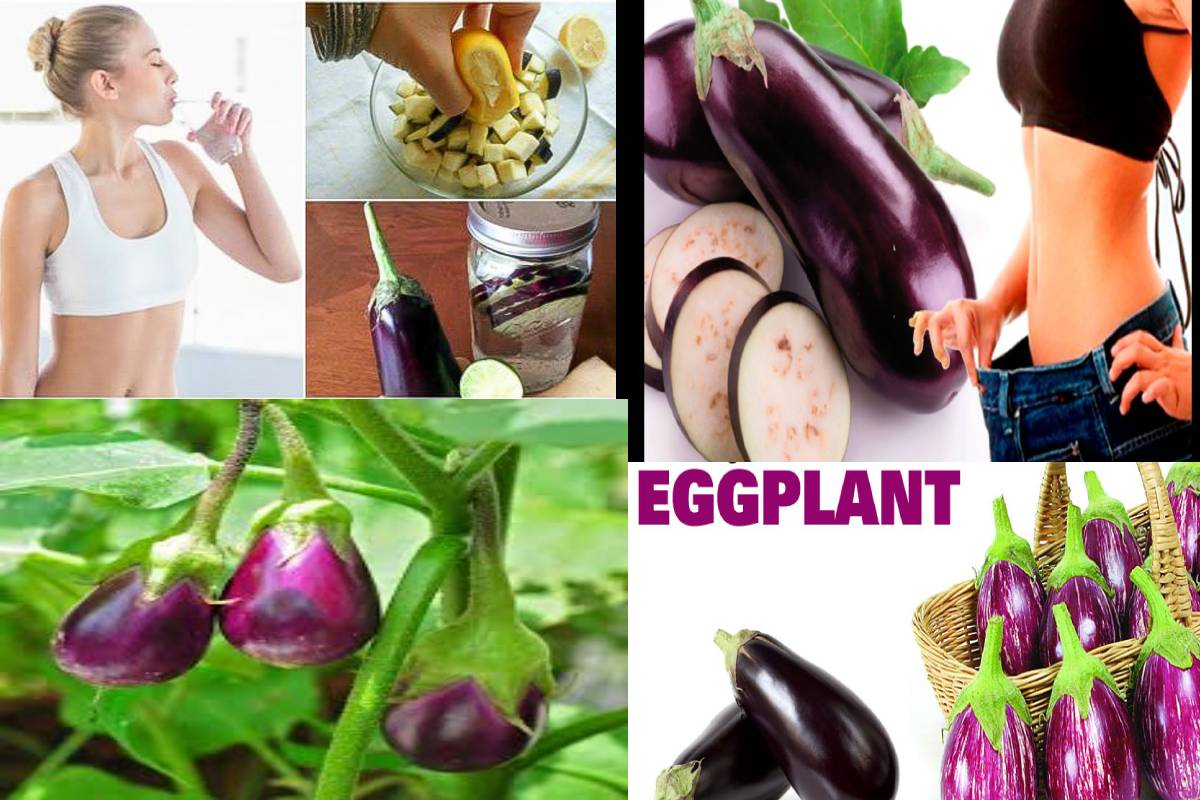Table of Contents
Eggplant Definition
Eggplant has multiple properties that benefit our health. It is low in calories, so it is ideal for losing weight. It also improves circulation and is an excellent antioxidant.
What are the Properties of Eggplant?

It is essential to know that this food must always be consumed cooked and never raw. It is due to solanine, a substance that it contains and can be very toxic.
Its properties make eggplant an ideal food to fight cancer, cellular aging, infections, viruses, and harmful bacteria:
- Its water content is very high (92%).
- Fiber.
- Minerals: potassium, calcium, sulfur, and iron.
- Vitamins of group B and C.
- It contains serotonin.
- It provides a large number of antioxidant substances, such as chlorogenic acid or flavonoids.
- Eggplant has few calories (21.2 kcal per 100 grams).
- Its small amounts of the alkaloid solanine.
What are the Benefits of Eggplant?

Eggplant has multiple properties that greatly benefit our health. This vegetable is low in calories thanks to its high water content.
It makes it an ideal vegetable to include in a diet to lose weight. Also, it helps improve circulation and is an excellent antioxidant.
This post will tell you the most important things you should know about eggplant and why you should include it in your diet.
This vegetable hides essential health benefits, among which are:
1. Protect the Cardiovascular System
- Because this vegetable is rich in potassium, it helps keep the heart rate stable.
- Also, it contains flavonoids. These can help us to reduce the levels of bad cholesterol in the body and to stimulate the increase of good cholesterol.
- It should note that both properties are essential for reducing the risk of heart disease.
2. Fight Free Radicals
- An excellent antioxidant, eggplant can be very good at fighting free radicals.
- It helps protect cells by fighting and delaying aging. Also, it has cleansing properties, helping to eliminate a large number of toxins.
3. Improve Brain Function
- The phytonutrients it contains can be beneficial for the cognitive system and mental health.
- These help rid the brain of certain toxins and increase blood flow to the brain, stimulating good memory and better analysis ability.
4. Lose weight
- Eggplant contains a fair amount of soluble fiber, which helps balance the digestive system. It mostly finds on your skin.
- Also, it is low in calories and is composed mostly of water. Thus, it gives us a satiating effect helping us to feel satisfied for longer.
5. Prevent Anemia
- One of the leading causes of anemia is a lack of iron in the blood. This vegetable, as it contains iron, can be recommended to avoid and relieve anemia.
- Also, this mineral plays an essential role in developing red blood cells, helping to metabolize proteins.
6. Improve Eyesight
- Eggplant skin contains anthocyanin, a soluble compound that helps improve the central nervous system.
- Therefore, it recommends maintaining a healthy vision and prevent cataracts.
7. Increase in Bone Health
- This vegetable contains folic acid and numerous vitamins and minerals, which can help us achieve strong bones.
- Also, as mentioned, it contains a fair amount of iron and calcium. These nutrients are also essential to keep our bones healthy.
8. Have Healthy Hair
- It contains vitamin B3, eggplant use to stimulate hair growth.
- It also loads with vitamin A, which stimulates sebum production, hydrating the hair and preventing it from falling out.
9. Fight Against Fluid Retention
- This accumulation present by different factors such as menstruation, menopause, pregnancy, and kidney and heart diseases.
- It recommends drinking eggplant water since it turns out to be a diuretic, which helps to expel the retained fluids.
- Additionally, this retention may also be causing you to look overweight. Therefore, if you want to lose a few kilos, do not hesitate to include eggplant water in your daily routine.
Nutrition Value of Eggplant
Nutritional value per 100 g (3.5 oz)
Energy: 104 kJ (25 kcal)
Carbohydrates: 5.88 g
Sugars: 3.53 g
Dietary fiber: 3 g
Fat: 0.18 g
Protein: 0.98 g
Best Recipe of Eggplant

As you have seen, this vegetable contains many essential nutrients to protect the body. For this reason, today we bring you a simple and practical way to eat this food:
Ingredients:
- medium eggplant (160 gr)
- Water (1 l)
- Lemon (100 gr)
Process:
- First, wash the eggplant with plenty of water and cut it into slices.
- Then, squeeze the lemon until you get as much juice as possible.
- Next, bring the liter of water to boil and when it is reaching its boiling point, pour the pieces of eggplant.
- Cook for 25 minutes until the eggplant has reduced and is soft.
- Next, please turn off the stove and let it rest for an hour.
- Subsequently, pass the water through the strainer and store in a dark glass container.
- Finally, add the lemon juice and mix.
- This water is ideal for drinking throughout the day.
Conclusion
Eggplant, also known as brinjal, is an essential solanaceous vegetable crop in many countries.
It is a native of India. Eggplant is a good source of minerals and vitamins, and in total nutritional value, it can compare with tomato.
It is also many health benefits; this vegetable is low in calories thanks to its high water content.

